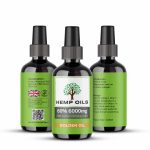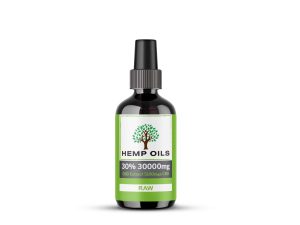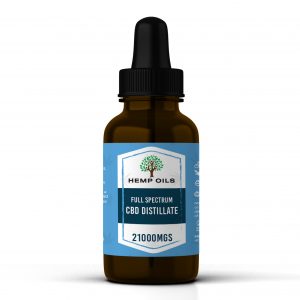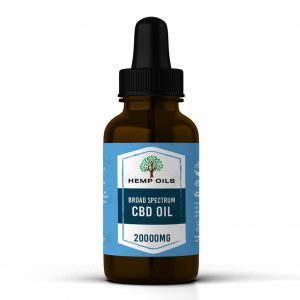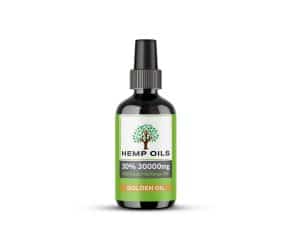Understanding THC in Hemp Oil: A Comprehensive Guide
Hemp oil has gained popularity in recent years due to its potential health benefits and versatility. However, one component of hemp oil that often raises questions is THC, or delta-9 tetrahydrocannabinol. In this comprehensive guide, we will delve into the world of THC in hemp oil, debunk common myths, explore the science behind it, and assess its safety and potential health benefits and risks.
The Role of THC in Hemp Oil: Facts and Myths Debunked
THC is a cannabinoid found in the cannabis plant, including hemp. It is responsible for the psychoactive effects commonly associated with marijuana. However, hemp-derived THC contains very low levels (0.3% or less) compared to marijuana, and therefore, it does not produce the same intoxicating effects. So, contrary to popular belief, hemp oil with THC will not get you "high" or impair your cognitive function.
Misconceptions surrounding THC in hemp oil often stem from the confusion between hemp and marijuana. Hemp is legally defined as cannabis containing 0.3% THC or less, while marijuana typically contains much higher THC levels. Therefore, hemp-derived THC in hemp oil is legal in many countries, as long as it meets the legal THC limit.
Unveiling the Science behind THC in Hemp Oil
The inclusion of THC in hemp oil has its own scientific rationale. THC and other cannabinoids interact with our body’s endocannabinoid system (ECS), a complex network of receptors and neurotransmitters responsible for regulating various bodily functions. When THC binds to specific receptors in the ECS, it can influence pain perception, mood, appetite, and immune response, among other functions.
Researchers have also discovered that THC may have potential therapeutic benefits. It has been studied for its analgesic properties, making it a potential option for managing chronic pain. Additionally, THC may help alleviate symptoms of conditions such as multiple sclerosis, chemotherapy-induced nausea, and appetite loss associated with HIV/AIDS. However, more research is needed to fully understand the therapeutic potential of THC.
Is THC in Hemp Oil Safe? Exploring the Potential Health Benefits and Risks
When used responsibly and within legal limits, THC in hemp oil is generally considered safe. The low levels of THC in hemp oil make it unlikely to cause intoxication or addiction. However, individuals who may be sensitive to THC or have a history of psychiatric conditions should exercise caution.
Furthermore, it is important to note that THC can have side effects such as dry mouth, red eyes, increased heart rate, and impaired coordination. These effects are typically mild and temporary, but they may be more pronounced in individuals with higher doses or those who are THC-sensitive. It is always advisable to start with small doses and consult a healthcare professional if you have any concerns.
In conclusion, THC in hemp oil plays an important role in interacting with our body’s endocannabinoid system and may offer potential health benefits. Despite the association with marijuana and its psychoactive effects, the low levels of THC in hemp oil make it a safe and non-intoxicating option for many individuals. However, it is crucial to be aware of the potential risks and side effects, especially for those with specific sensitivities. As research continues to uncover the full potential of THC and other cannabinoids, it is important to stay informed and make informed decisions when using hemp oil products.
